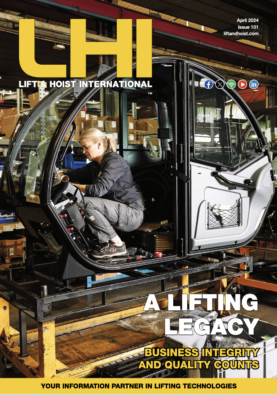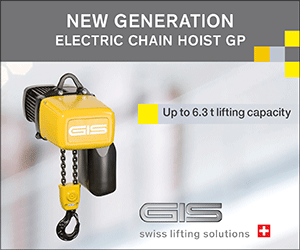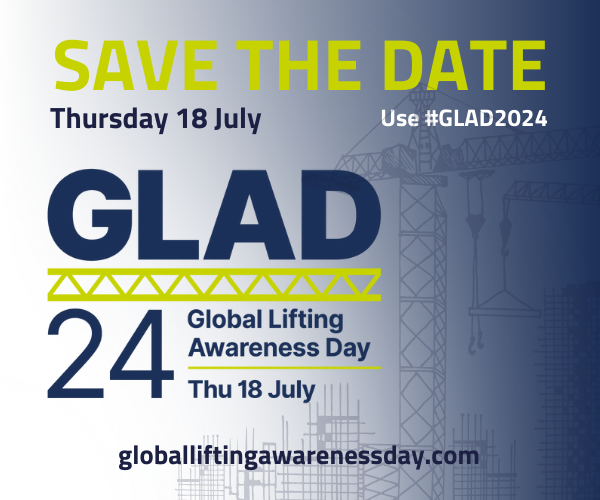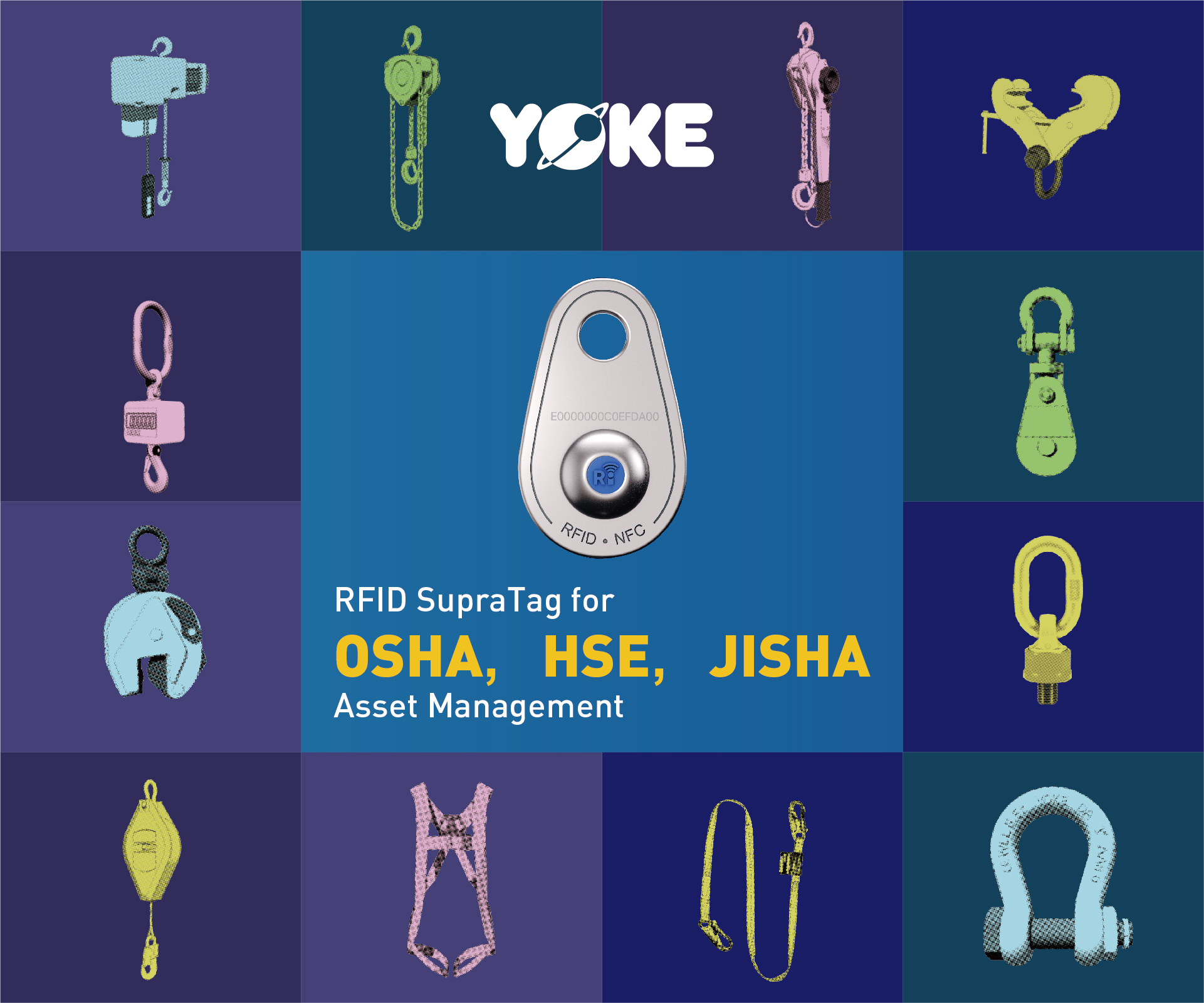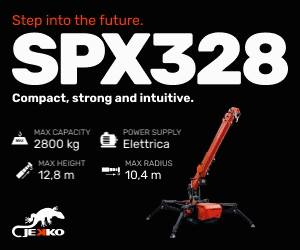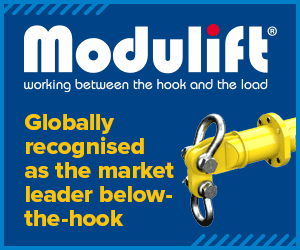Material Susceptibility to Hydrogen Embrittlement

New Technical Report published amid growing issues of Hydrogen Embrittlement in offshore environments.
Join William Hackett and special guests from McKinnon Chain and Total in a dedicated webinar for LHI, which will take attendees through the latest technical guidance on the effects of Hydrogen Embrittlement for materials used in topside and subsea lifts.
The webinar is based on a new industry report which calls for greater scrutiny on material suitability, rather than standard compliance, to help minimise risk to human life and improve operational integrity.
Attendees will be able to gain an understanding of how to:
- Reduce the risk of operational failures and their frequencies to improve safety.
- Reduce downtime and increase productivity to ensure better operating margins are
achieved. - Reduce corrosion rates to extend life-time use, safely and sustainably.
- Improve confidence offshore by reducing the risk of incorrect material selection.
William Hackett, world-leaders and pioneers of offshore lifting hoists and chains, will discuss the release of its industry report to help minimise the risk of Hydrogen Embrittlement (HE) and Stress Induced Corrosion Cracking (SICC). This webinar includes guidance on material choices used in topside and subsea lifts, and the findings in the report are seen as a major step forward in increasing awareness for offshore operators of the risks associated with HE and SICC.
Ben Burgess, Director of William Hackett Lifting Products, says: “There is a real concern across industry regarding the impact of HE and SICC on chains and links used in lift and hoist projects across offshore environments.”
Dr Emilio Martínez-Pañeda, Assistant Professor at Imperial College London and a world-recognised expert in HE, welcomed the report. While not directly involved in the report’s findings, Dr Martínez-Pañeda emphasised the challenging nature of hydrogen embrittlement and its important implications: “Hydrogen is famed for causing notorious structural integrity problems that are difficult to predict, and there is a need for new guidelines and solutions.”
Peer-reviewed by a number of organisations and authorities, the report takes a major step forward to explain the critical impact of HE.
It highlights that specific environmental and performance considerations for equipment used offshore needs to be a key part of the material specification and selection process. Meeting the specific International Standards should not be seen as a guarantee that specific equipment is fit for purpose in an offshore environment.
Understanding of how a product is going to be used and applied before it is exposed offshore, where steel is exposed to adverse and hostile unpredictable weather, with constant movement from sea and tidal influences, is critical.
Outcomes of the detailed technical analysis have identified that as material hardness exceeds 39-40 HRC, the risk of HE and stress induced corrosion cracking (SICC) increases as the hardness values rise.
The webinar looks at key areas around HE including causal factors, best practice methods to reduce risk and recommendations around specific product groups and key performance requirements. Presenters will also discuss why procurement and quality assurance policies should include comprehensive details of the material’s properties that are to be used offshore, as well as standard compliance. Without the proper understanding of the material and its use offshore, the end result is increased risk to operations.
Join in the discussion …
LHI is hosting a webinar
Date: Thursday 5th November
Time: 14.00 to 15.00 GMT
Agenda
Material Susceptibility to Hydrogen Embrittlement – presentation of issue and findings by
Ben Burgess, William Hackett
Q&A and panel discussion with
- Dr Emilio Martinez-Paneda, Lecturer and Assistant Professor at Imperial College London’s Dept of Civil & Environmental Engineering, Material Section and a 1851 Research fellow
- Professor Roelf Mostert, Head of the Department of Material Science and Metallurgical Engineering at the University of Pretoria, South Africa
- Francois Strydom, Lead Metallurgist, McKinnon Chain
- Mark Taylor, Specialist Lifting Engineer- Marine Operations, Total
To reserve your place, please complete ALL fields and then press SUBMIT for confirmation of your reservation on this webinar.

